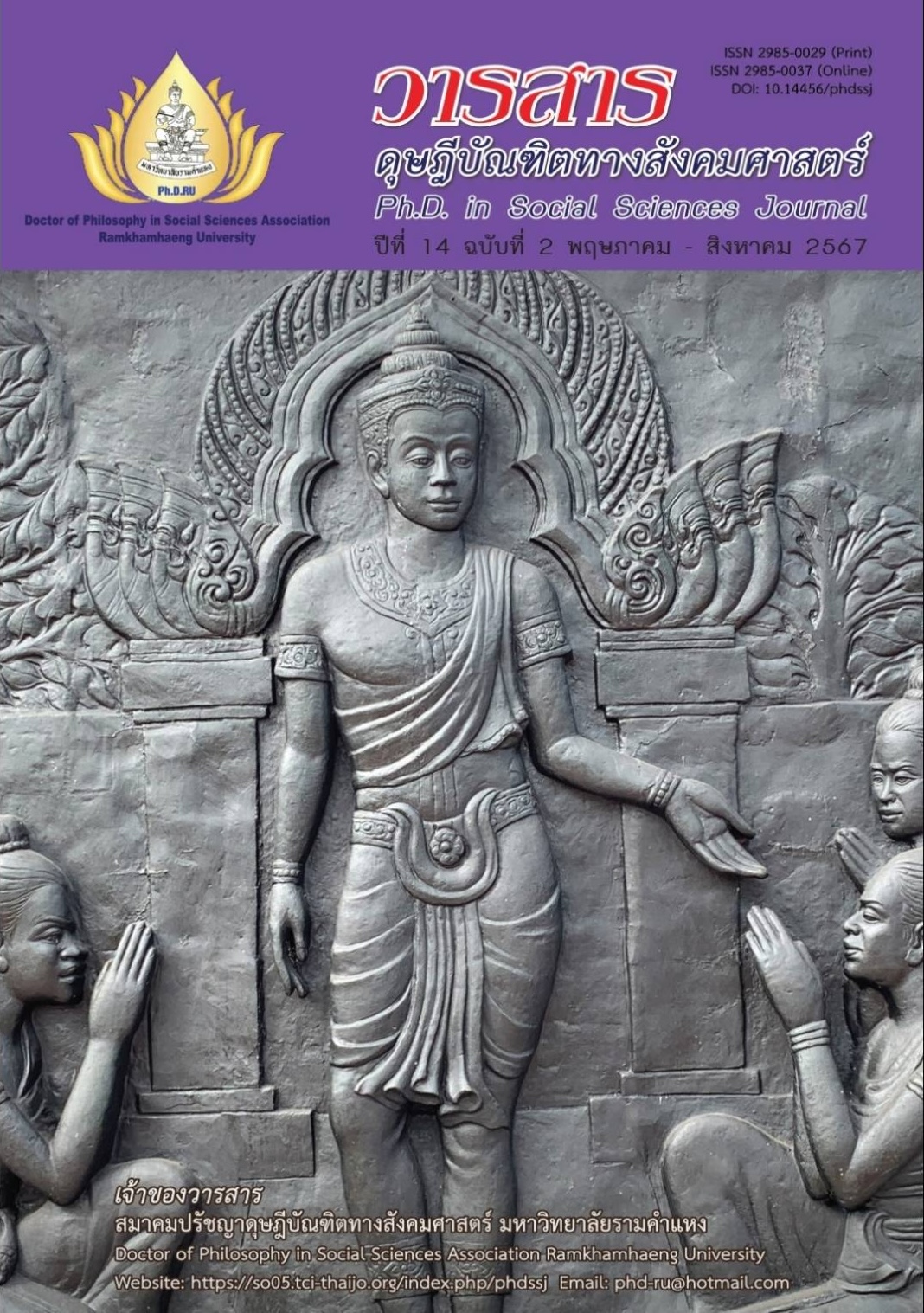Principles of Considering and Making Orders in Cases and Performing Duties of State Attorneys
Main Article Content
Abstract
This academic article aims to apply the rule of law and the principles of independence provided in the Royal Constitution Kingdom of Thailand, B.E. 2560 and the Public Prosecution Organ and Public Prosecutors Act, B.E. 2553 were used as a framework for analysis. To ensure that the considering and making orders in cases andperforming duties of state attorneys are expeditiously, justly and without any prejudice.
Findings are as follows: Performing duties in accordance with the provisions of the law and the rule of law is an important duty of a state attorney. The performance of duties according to the provisions of the law and the performance of duties according to the rule of law are interconnected and cannot be separated because the performance of duties according to the provisions of the law causes state attorneys to be bound to the law at every level. As for the rule of law itself, the essence is the government of law or the performance of duties and responsibilities specified by law as well. Therefore, in order for the Considering and Making Orders in Cases and Performing Duties of state attorneys are expeditiously, justly and without any prejudice. State attorneys must be independent, neutrality, impartial, equitable, and transparent which can be verified in the performance of their duties. Including having to be honest. Adhere to the principles of morality, kindness, peace, and must use power to the extent that the law gives it power, avoiding the arbitrary use of power, which is the essence of the rule of law. However, In order for the public to gain faith and confidence in the most efficient manner. To preserve the sanctity of the law and create peace for society.
Article Details

This work is licensed under a Creative Commons Attribution-NonCommercial-NoDerivatives 4.0 International License.
Academic articles, research articles, and book reviews in the Ph.D. in Social Sciences Journal are author’s opinions, and not the publisher’s, and is not the responsibility of the Ph.D. in Social Sciences Journal Philosophy Association, Ramkhamhaeng University. (In the case that research is done on human, the researcher has to be trained in Ethics for Doing Research on Human Training and has to produce the evidence of the training).
References
Independent National Rule of Law Commission. (2014). The rule of law (meaning, essence and consequences of violating the rule of law). Office of the Permanent Secretary Ministry of Justice. [In Thai]
International Commission of Jurists. (2007). International principles on the independence and accountability of judges, lawyers and prosecutors–A practitioners guide (2nd ed). Author.
Krea-Ngam, W. (2017). The rule of law in the country’s legal reform plan. Constitutional Court Journal, 23(67), 221-232. [In Thai]
Office of the Secretariat of the House of Representatives. (2019). Purpose and explanation of each article of the Constitution of the Kingdom of Thailand, B.E. 2560. Author. [In Thai]
Phollawan, K. (2021). Guarantees to protect the independence of prosecutors. Retrieved from https://www3.ago.go.th/legald/wp-content/uploads/2021/11/05_-Kulapol.pdf [In Thai]
Saensira, W. (2011). The use of discretion in ordering cases and the performance of duties by prosecutors. Julniti, 8(6), 149-155. [In Thai]
Singkaneti, B. (2016). Principles of independence and neutrality in the performance of duties of NHRCT. Office of the National Human Rights Commission of Thailand. [In Thai]
The World Justice Project. (2014). The WJP rule of law index 2014. Author.
Wittayakiatlert, K. (2018). Legal problems regarding the Organic Act on Anti-Corruption B.E. 2561 (2018). Doctoral Dissertation of Laws, Ramkhamhaeng University. [In Thai]


